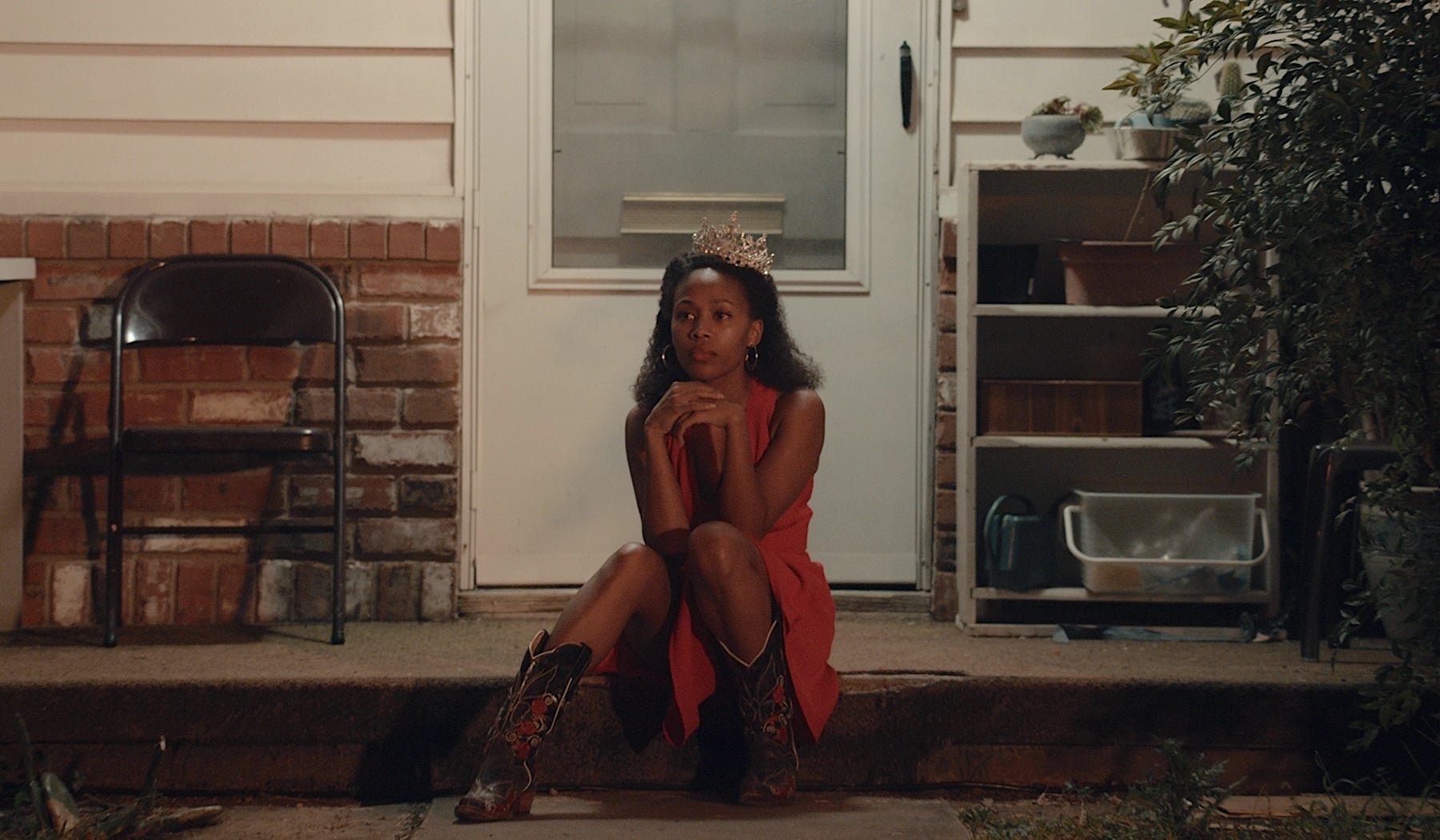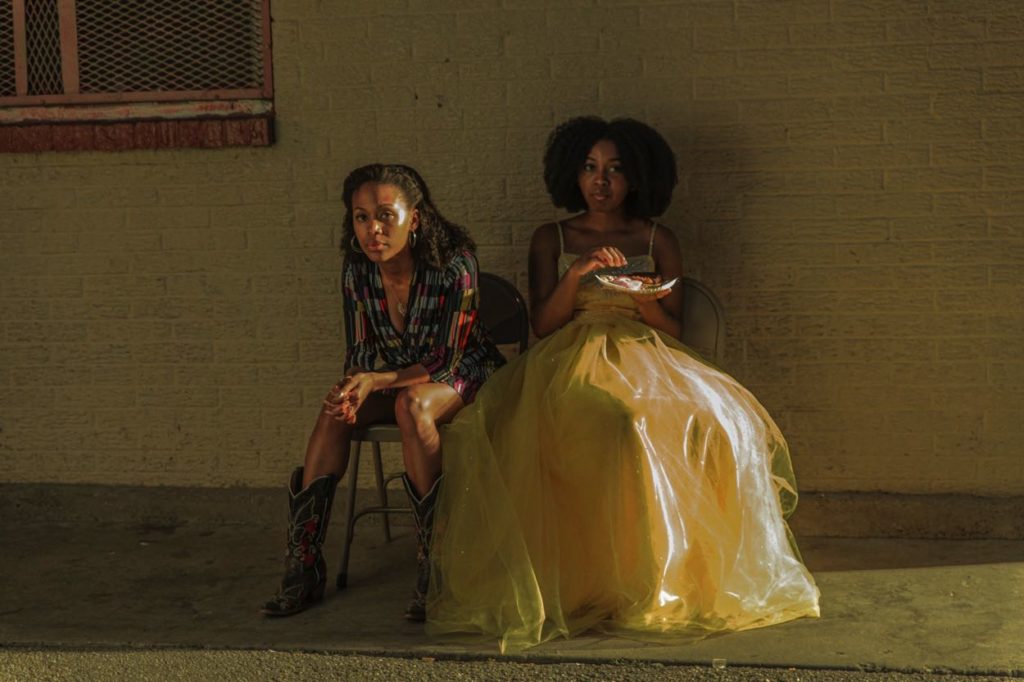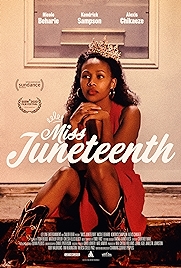Around about the time Miss Juneteenth came out in 2020, President Donald Trump was announcing that he was going to have a rally in Tulsa on Juneteenth Day (19 June) – the day commemorating the end of slavery. In the end Trump, for whatever reason, moved the rally to the following day. By the following year, President Biden had made the day a national holiday – Juneteenth Day won out… twice.
Given its title, you might expect Miss Juneteenth to be a film about slavery or injustice or civil rights, but actually, superficially at least, it’s about a former beauty queen hoping her daughter will follow in her footsteps and become Miss Juneteenth in her own right. If the film is about racism, it’s about the everyday sort that passes almost unnoticed, the sort that makes every gain made by a black person slightly harder to achieve than a similar gain by a white person, and sometimes the difficulty is as much down to internal attitude as external circumstance.
She’s done a bunch of stuff but I’ve only seen Nicole Beharie before in Shame, where she managed to stand out in a tough crowd of scene-stealers like Michael Fassbender and Carey Mulligan. Here she plays Turquoise, the former Miss Juneteenth who hasn’t done as well by the pageant as she should have done and is now prepping her daughter for the same competition years down the line. It’s one of those beauty queen competitions that emphasises behaviour as much as looks – how to speak in polite society, the correct use of a fish knife – and Turquoise spends her days upbraiding daughter Kai (Alexis Chikaeze) for her street speak and booty shorts and any other infraction that might lose her her chance of glory.
The question that hangs over everything though is this: if Turquoise is trying so hard to on behalf of her daughter, how come she didn’t seize the big prize on offer – the scholarship offered to every winner, and a guaranteed ticket to a better standard of living?
Instead of the life she might have had, Turquoise now works two jobs, one in a bar, where the patrons make hungry eyes at her, the other in the local morgue, where the boss (Akron Watson) does the same. At home, meanwhile, she’s bringing up Kai on her own, Kai’s dad (Kendrick Sampson) drifting in and out as and when.
It’s a familiar black-life story – strong women, fairly useless men, blue-collar work, the church as a support structure, and it’s shot in the way a lot of “black” films are, all coffee tones and nicotine shades. But there is an unfamiliar message trying to escape the conformist packaging in a drama attempting to wrangle with perceived black lack of ambition. “Ain’t no American dream for black folks. We gotta hold on to what we got,” is how her boss at the bar (Marcus M Mauldin) puts it. Most black people, according to Miss Juneteenth, live their lives in a defensive crouch, whether they’ve won a beauty pageant or not. Racism internalised.
Not realising what’s actually going on because it’s simply too close is another theme. Turquoise seems to think that it’s hard work alone that got her the Juneteenth title, and that the same will apply to her daughter, completely missing the fact that she’s by a very long stretch the most beautiful woman in town. Facing up to facts as they are is the first step to changing things.
It’s an interesting film done in a muted way, with its specifics never quite specific enough, its pace a little sluggish considering the road is well travelled. It’s a good cast though, with Beharie sensational throughout as the mother fighting not the current war but the last one (as mothers tend to do), wanting for her daughter something she wasn’t even sure she wanted for herself.
Miss Juneteenth – watch it/buy it at Amazon
I am an Amazon affiliate
© Steve Morrissey 2021


